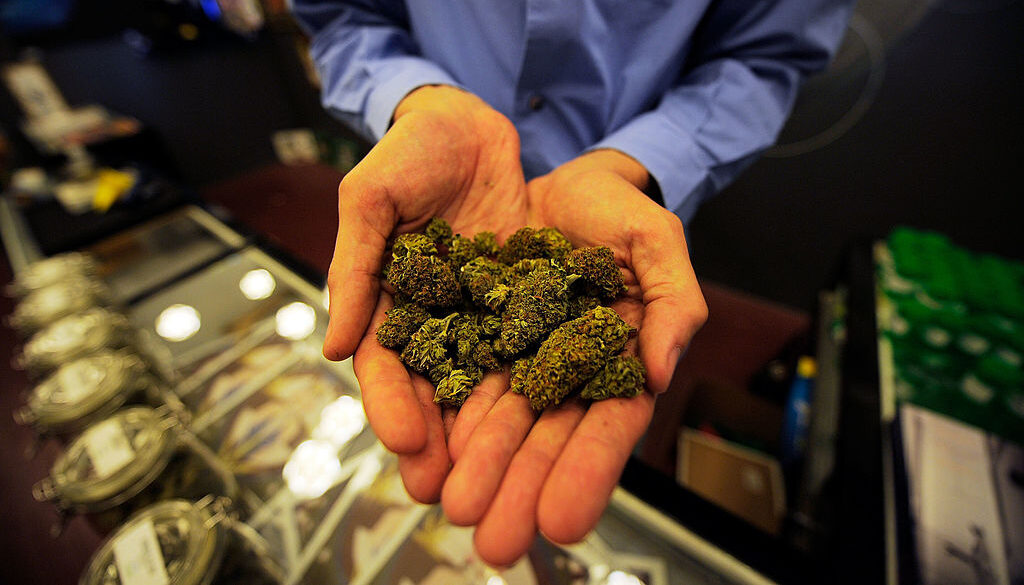When it comes to the intersection of religion and contemporary issues, few topics are as contentious as the question, “Does the Bible talk about weed?” With the increasing legalization and acceptance of marijuana use, both medically and recreationally, it’s essential to explore this topic with care, respect, and truth. In this blog post, we will delve into the biblical context, historical perspectives, and ethical considerations surrounding marijuana use.

The Biblical Context
Genesis 1:29-30: “Then God said, ‘I give you every seed-bearing plant on the face of the whole earth and every tree that has fruit with seed in it. They will be yours for food.'” This verse is sometimes interpreted as a divine endorsement of all plants, including cannabis, for human consumption. However, it’s crucial to consider the context and the original intent of the passage, which is to provide nourishment and sustenance.
Galatians 5:19-21: “The acts of the flesh are obvious: sexual immorality, impurity and debauchery; idolatry and witchcraft; hatred, discord, jealousy, fits of rage, selfish ambition, dissensions, factions and envy; drunkenness, orgies, and the like.” Here, the apostle Paul lists various vices, including drunkenness, which some argue can be extended to include drug-induced intoxication.
Historical Perspectives
Historically, cannabis has been used for various purposes, including medicinal, spiritual, and recreational. Some scholars suggest that the “holy anointing oil” mentioned in Exodus 30:23 might have contained cannabis, as one of its ingredients, “kaneh-bosm,” has been linked to the Hebrew word for cannabis. However, this interpretation is not universally accepted, and the exact composition of the anointing oil remains a subject of debate.

Ethical Considerations
When considering the ethical implications of marijuana use, several factors come into play:
Medicinal Use: The Bible encourages the use of natural remedies (Ezekiel 47:12), and many people find relief from various ailments through medical marijuana. In such cases, the principle of compassion and alleviating suffering should guide our decisions.
Recreational Use: The Bible warns against excessive indulgence and the loss of self-control (Proverbs 20:1, Ephesians 5:18). Recreational marijuana use should be evaluated in light of these principles, considering potential harm to oneself and others.
Legal and Societal Implications: Christians are called to respect authority and obey the laws of the land (Romans 13:1-7). As marijuana laws continue to evolve, it’s essential to stay informed and adhere to the regulations in your area.
In conclusion, while the Bible does not explicitly mention marijuana, it provides principles that can guide our understanding and decision-making regarding its use.

